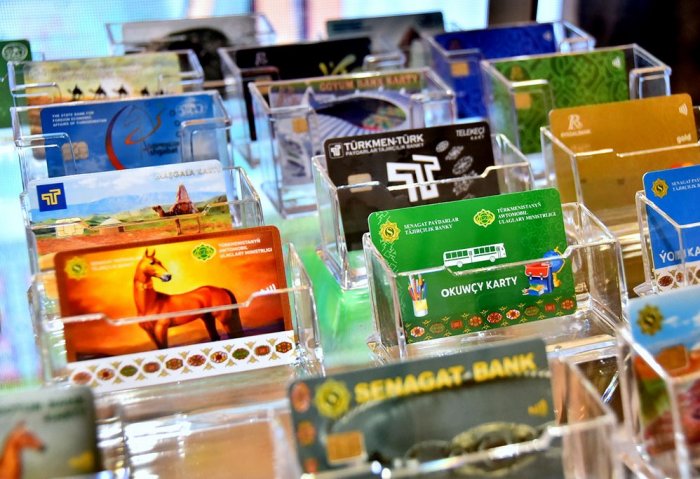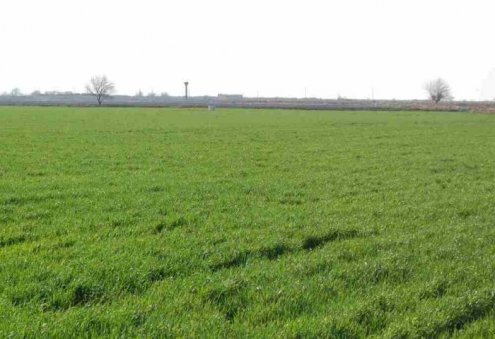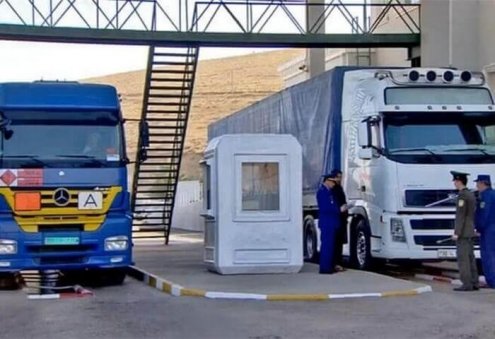Large-scale work is carried out to introduce digital technologies into the banking system of Turkmenistan, the State News Agency of Turkmenistan (TDH) said in an article published on Monday.
According to the TDH, digital reforms will expand the range of banking services and the capabilities of the national payment system provided to customers, and increase the competitiveness of credit institutions.
The reforms in banking services will result in a fundamental change in the relationship between the financial market participants and the customers, primarily in terms of increasing the speed of service and saving customers’ time through the use of alternative service channels.
With the development of mobile Internet technologies and the expansion of the functions of smartphones, mobile applications become a convenient and effective tool, whose users log into the network several times every day to check their account balance, view transactions, make transfers and pay for services, receive or repay a loan, make purchase and conduct insurance operations.
Since the introduction of mobile applications to pay for various services and goods, the number of non-cash payments made via Altyn Asyr, Milli Kart, Goýum Bank Kartlary, Maşgala banking cards and Internet bank, Mobile bank services has been increasing in Turkmenistan.
Banks of the country offer services for opening "Goýum bank karty" deposit bank cards with an annual 5-7% deposit interest rate, where, at the request of the bank card holder, on the Maşgala (Family) card, family members are given the opportunity to use the funds of the card within the established limit.
In January-June 2020, the volume of non-cash payments through ATMs, terminals, Internet Bank, Mobile Bank and e-commerce system increased 3.13 times compared to the same period last year.
To date, the number of bank cards in Turkmenistan exceeded four million (according to the Central Bank of Turkmenistan – 4,288,600 cards). In January-June 2020, the volume of non-cash payments made through bank cards exceeded 814.8 million manats, which is 2.42 times more compared to the corresponding period last year.
Along with bank cards issued in the country, VISA and MasterCard international payment card cards are accepted for transferring money at payment terminals installed at stores and service outlets. Turkmenistan’s credit institutions also provide Western Union’s international money transfer system.
To provide customers with modern technologies in the payment and settlement system of Turkmenistan, the QR (Quick Response) code payment has been successfully tested on Rysgal Joint-Stock Commercial Bank’s retail and service networks. The bank also launched contactless payment cards.
To further increase the number and volume of non-cash payments in the country, Turkmen banks introduced the Cashback service, where a percentage of the amount spent via debit or credit card is paid back to the card holder.
Turkmen banks are actively cooperating with the world's leading economic and financial institutions, including the European Bank for Reconstruction and Development, the International Monetary Fund, the World Bank, the Asian Development Bank, the Islamic Development Bank, and the Islamic Corporation for Development of Private Sector and the Ministry of Finance of Japan.
In the future, Turkmenistan plans to create a digital bank, a bank without branches, but with customer service employees of the Call-center. Such a bank should have developed remote digital services - Internet banking, mobile banks, personal accounts, websites and other specialized services for private and corporate clients. Typically, these services account for more than 90% of customer contacts, which can occur within 24 hours.
Determining the focus of credit institutions in the field of business and market segmentation includes a clear customer focus, the creation of new products, the construction of a banking information system and a system of customer relations.
One example of this process in Turkmenistan is an overdraft or the same loan. The bank issues it on certain conditions: the maximum loan amount, interest on it, an interest-free period (if any), fines and penalties in case of delay are agreed in advance.
According to the article, Halkbank State Commercial Bank’s introduction of an overdraft service through Altyn Asyr bank cards is the prime example of the successful digitalization of the provision of innovative banking services.
In this case, the bank card holder is the borrower and the amount of the overdraft is the amount of the borrower's debt over the balance of the card account. The amount of the overdraft is set at a rate not exceeding 40% of the borrower's salary.
The interest rate on the overdraft loan is at the level of 12% and can be adjusted based on the decision of the credit commission of the Halkbank State Commercial Bank.
Ensuring high quality of services provided to customers is a priority of the financial and banking system of Turkmenistan.


















